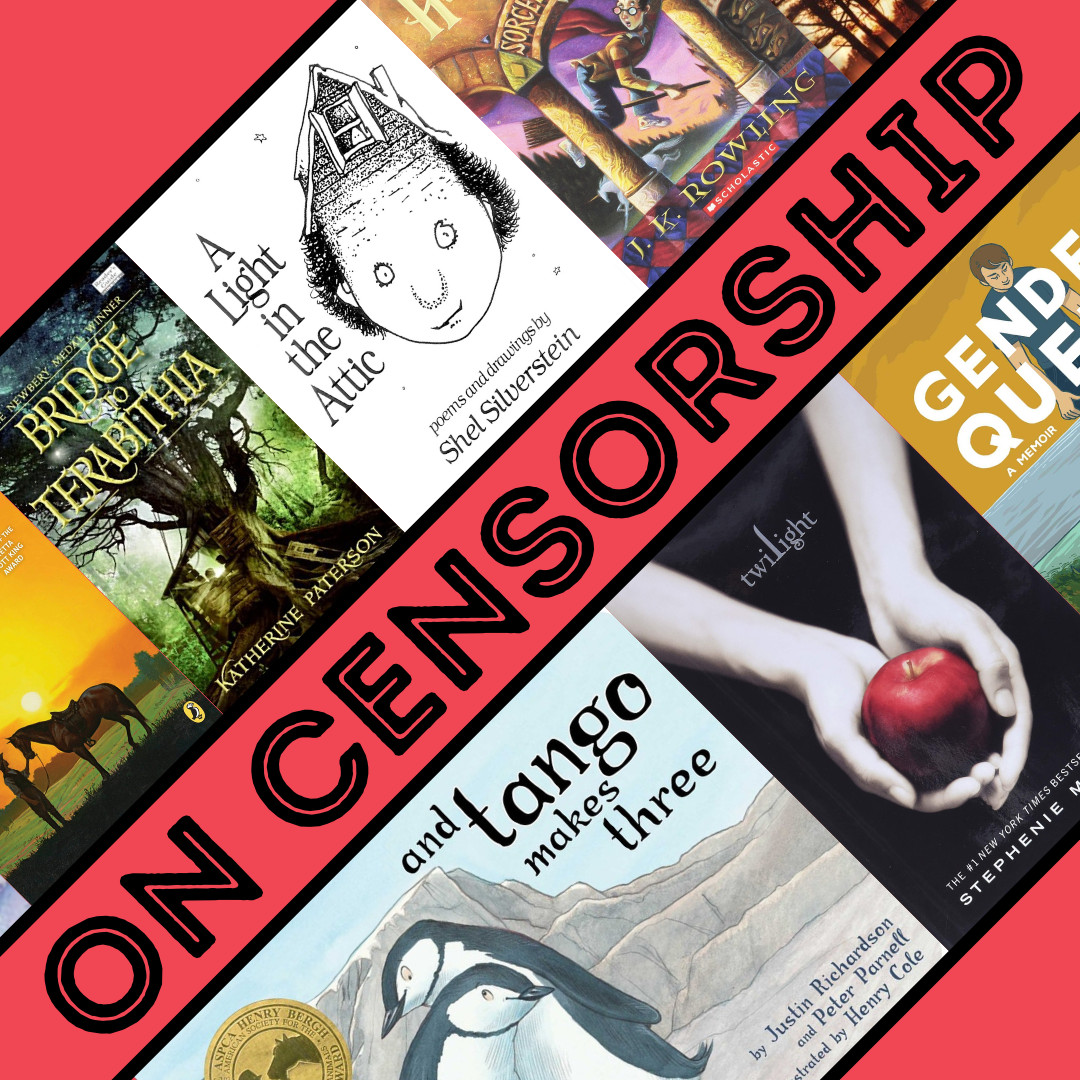
Lake Forest Library applauds the open and respectful discussion throughout the Lake Forest community around censorship. The American Library Association (ALA) Office of Intellectual Freedom defines censorship as "a change in the access status of material, based on the content of the work and made by a governing authority or its representatives."
As stewards of books and information, library staff across the country have an opportunity (and ideally uphold a commitment) to protect the right of every individual to seek and receive information from all points of view without restriction. Censorship is a slippery slope. An initial act of censorship—such as restricting a book to readers of a certain age, although it was deemed appropriate for other ages—can have a trickle-down effect, resulting in staff and professionals electing not to purchase certain books or include them in collections because they either personally disagree with the content or because it is believed that the title might cause strife within the community. Banning or restricting one book sets a precedent that becomes the faulty basis of the next challenge.
It is challenging to respond to demands for censorship, and people have wrongly lost their positions in their efforts to protect everyone’s right to intellectual freedom. There is another option: open conversation. The energy that is sometimes devoted to efforts to restrict or ban books based on personal or group opinions about the content, could be invested in supporting individuals, organizations, and communities to strengthen skills in (i) how to critically examine content from many points of view and (ii) how to understand and process why some content feels personally uncomfortable. When we all understand why some books and stories make us uncomfortable, we can challenge ourselves to evaluate the material from the view of the voice we are trying to silence.